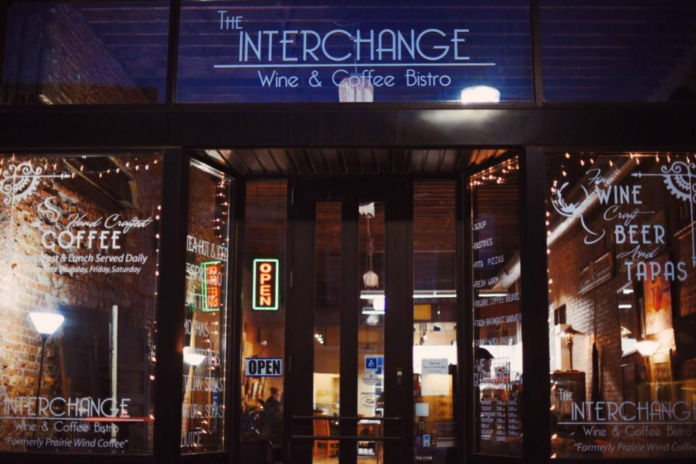The courts have ordered two Minnesota restaurants to pay $3,000 per day for each and every future violation of Gov. Tim Walz’s COVID-19 orders, a penalty that exceeds the statutory maximum by $2,750.
Alibi Drinkery in Lakeville and The Interchange in Albert Lea were among a large group of restaurants that reopened for in-person service in December in defiance of the governor.
Alibi Drinkery
In Alibi’s case, a court granted Attorney General Keith Ellison’s request for a temporary injunction, meaning Alibi was court-ordered to comply with Walz’s restaurant closure. But the establishment still refused to close and was found in contempt of court Thursday.
According to Minnesota Statutes, the punishment for contempt is “a fine of not more than $250, or by imprisonment in the county jail, workhouse, or work farm for not more than six months, or by both.”
However, Ellison’s office asked the court “to go beyond the $250 fine per violation authorized in the statute,” as it has done in the case of Haven’s Garden in Lynd, Minnesota.
“The court has discretion and inherent authority to impose a fine beyond the statutorily authorized amount in order to induce compliance,” Dakota County District Court Judge Jerome Abrams said in granting Ellison’s request.
“The power to punish for contempt is an inherent power of constitutionally created courts in Minnesota. The contempt power exists independent of contempt statutes,” Abrams added.
Abrams said a “minimal fine would not lead to compliance with the injunction and would likely result in further spread of COVID-19.”
“The State has established by a preponderance of the evidence that Defendant willfully disobeyed this Court’s Order for Temporary Injunction and is in constructive civil contempt. The Injunction and Executive Orders are clear in the requirements and restrictions that prohibit indoor dining at bars and restaurants. Defendant is fully aware of these restrictions and is flagrantly in violation of the orders,” Abrams continued.
Ellison said he is “grateful that the court recognized the severity of the pandemic and the harm that Alibi’s flagrant violation of the law is causing Minnesotans.”
“I take no joy in seeking sanctions, but I will not shirk from my responsibility to uphold the law and the Governor’s executive orders in order to save Minnesotans’ lives, particularly in the face of willful and repeated violations,” he said in a statement.
Lisa Zarza, the owner of Alibi Drinkery, responded to the court ruling in a video Friday.
“He’s (the judge) being pressured by the attorney general, he’s being pressured by Walz to make decisions to make us comply. It’s really hard for me to stand down because we’ve been fighting this fight for how many weeks now?” she said.
Walz announced last week that bars and restaurants can reopen for indoor dining at 50% capacity beginning Monday. Instead of risking $12,000 in fines for remaining open through the weekend, Zarza said she wants to use the money to “fight the governor and come after you civilly, criminally, for everything that you’ve done to us, for everything that you’ve done to our employees, for everything that you’ve done to small businesses.”
Alibi was vandalized last weekend with messages such as “fascist bar,” “kill Nazis,” and “Nazi scum.”

The Interchange
The Interchange’s case was essentially identical. Ellison’s office sued and the Freeborn County District Court granted a temporary restraining order requiring the restaurant to close.
Like Alibi, The Interchange refused and was found in contempt of court Friday. Again, the court granted the state’s request for $3,000 in daily fines.
“I’m glad to see serious consequences for defying the court and endangering Minnesotans,” Ellison said.
The Interchange was still open for in-person service on Saturday, according to its Facebook page.
Lisa Hanson, owner of The Interchange, said she was not happy with how the virtual court hearing went because the presiding judge repeatedly muted her and would not answer her questions, she claimed.
“He decided that we were going to be fined $3,000 a day and, you know, $3,000 or $30,000 a day — it doesn’t make any difference,” she said. “We are continuing this fight.”


















